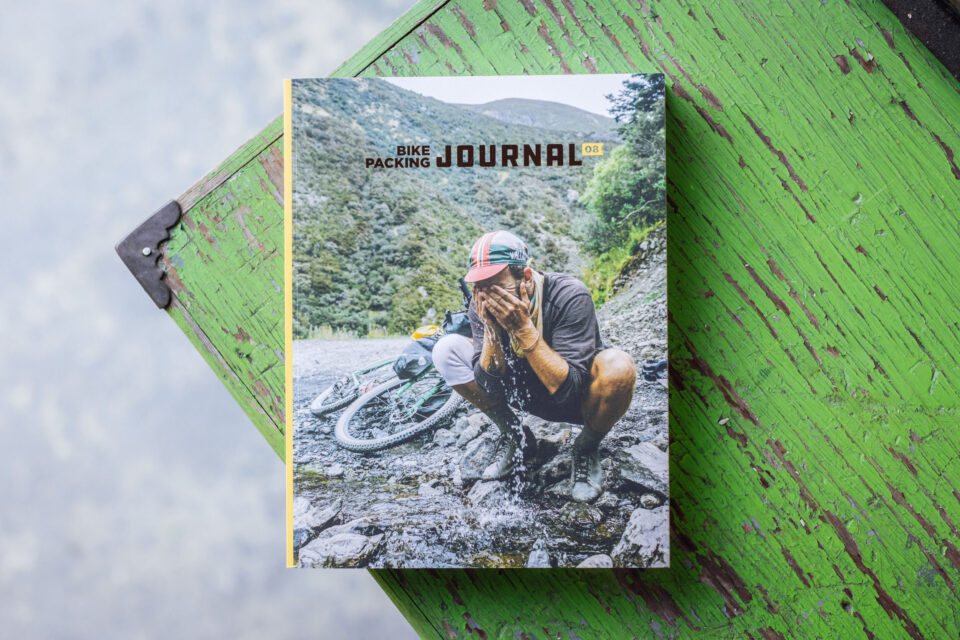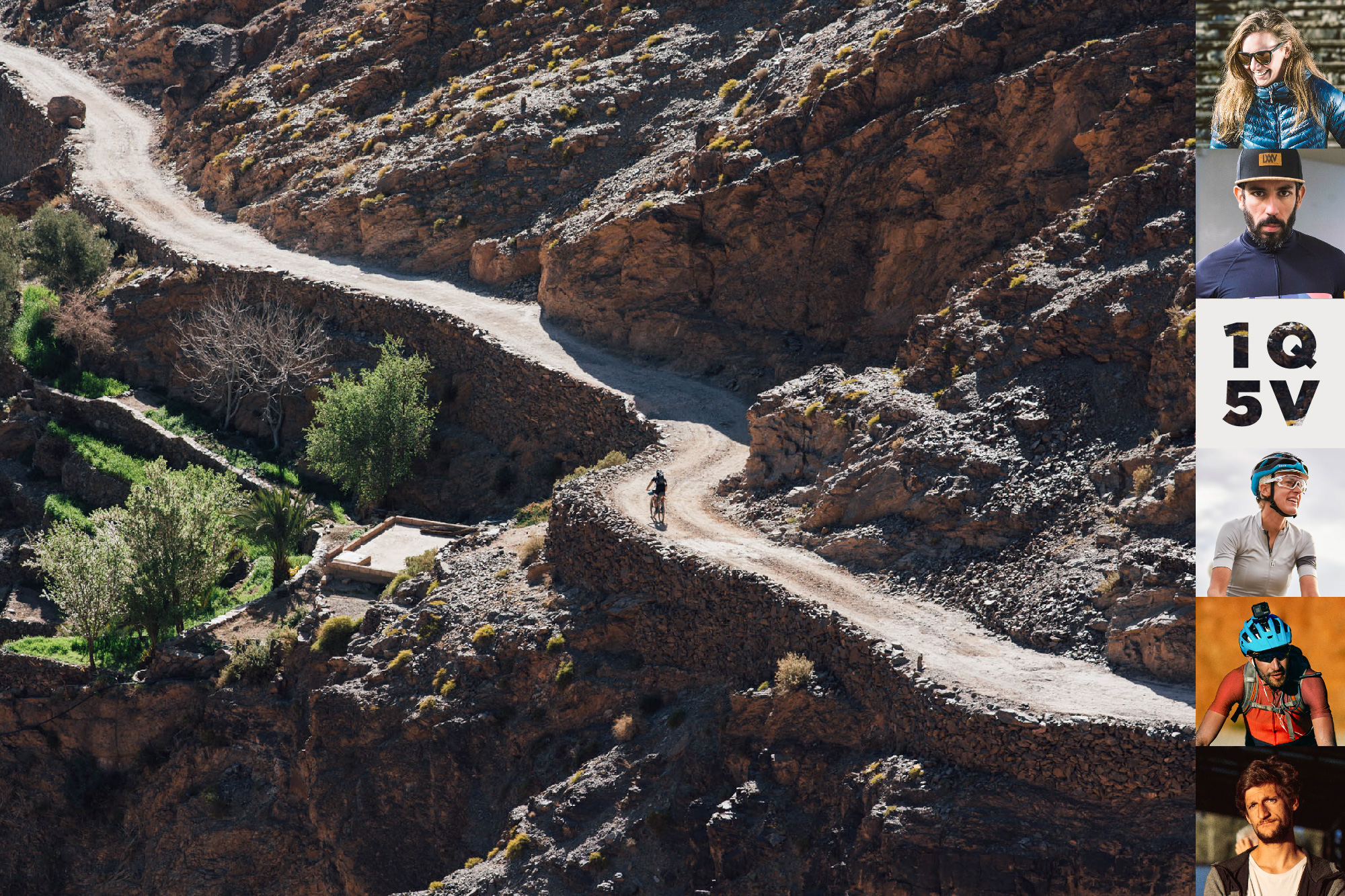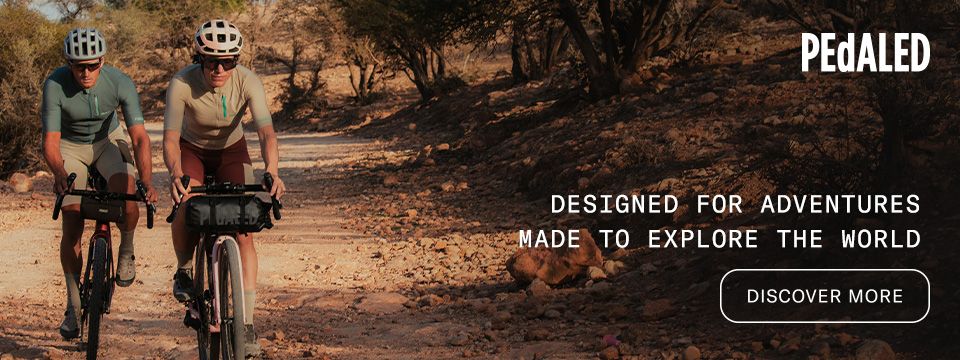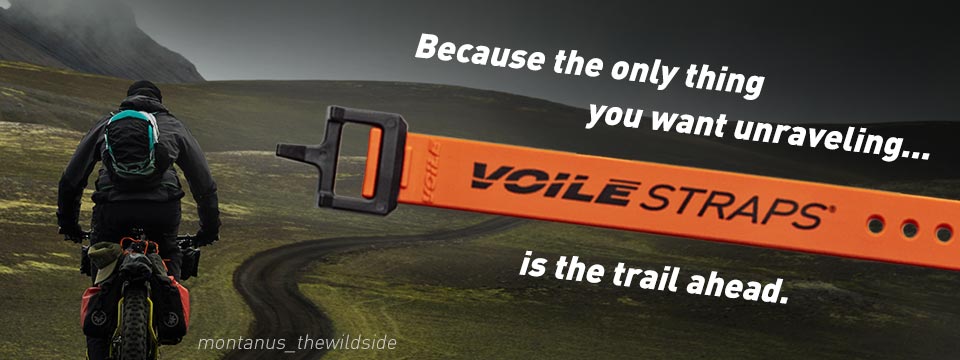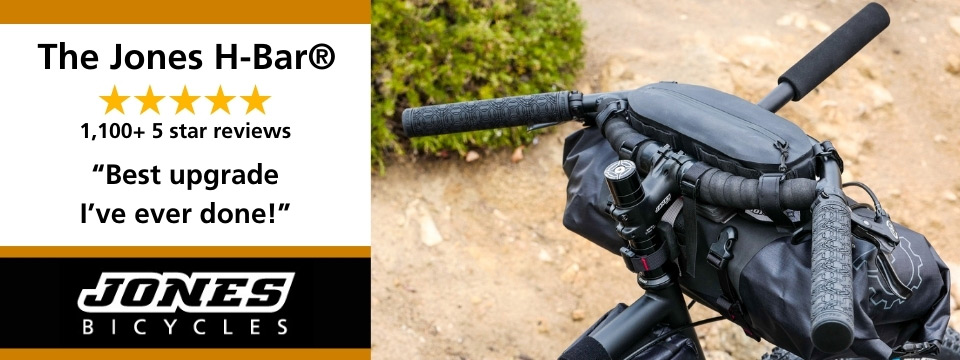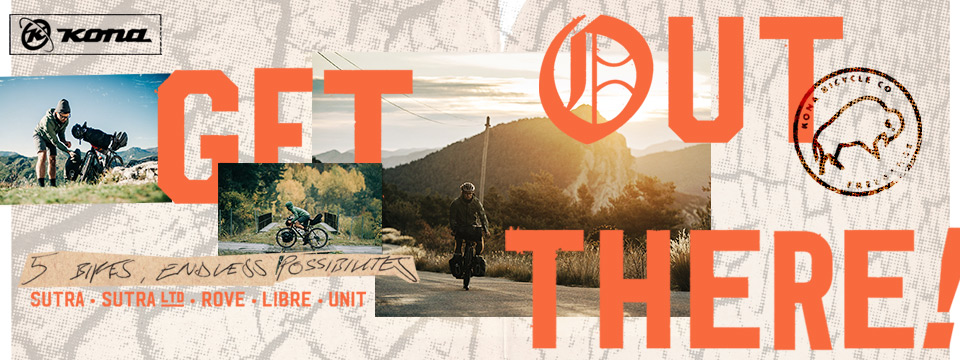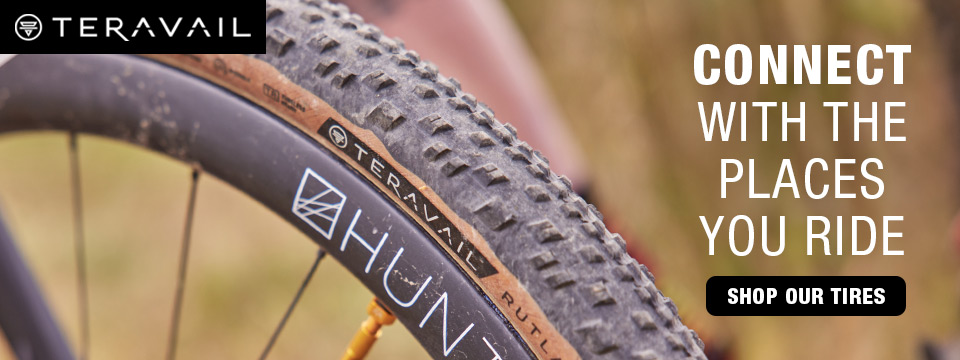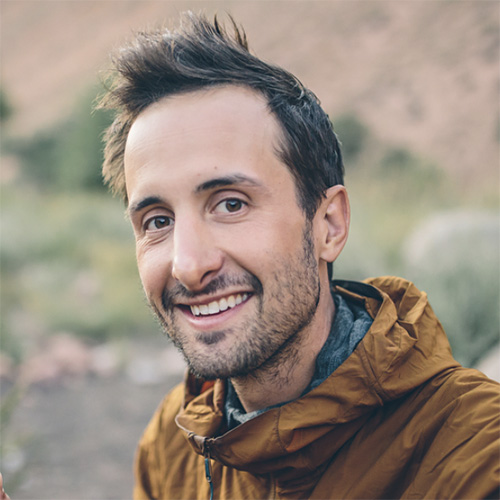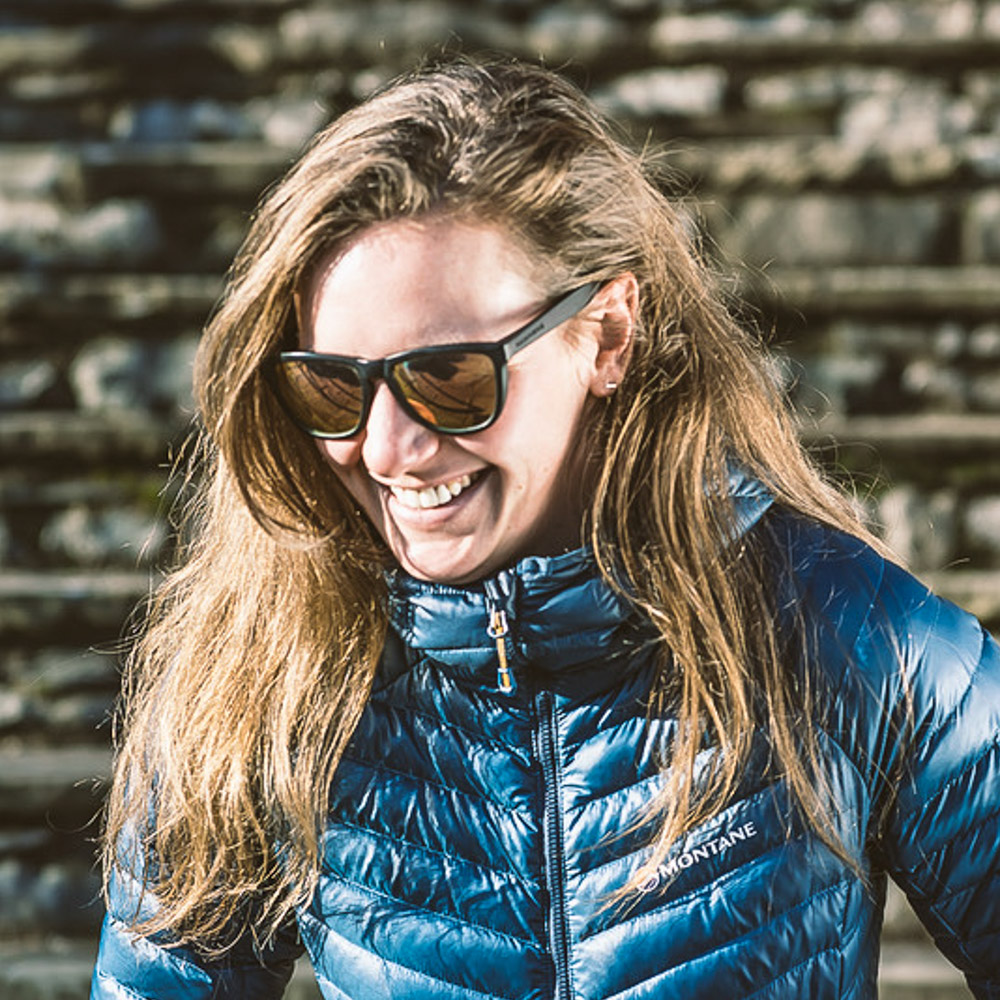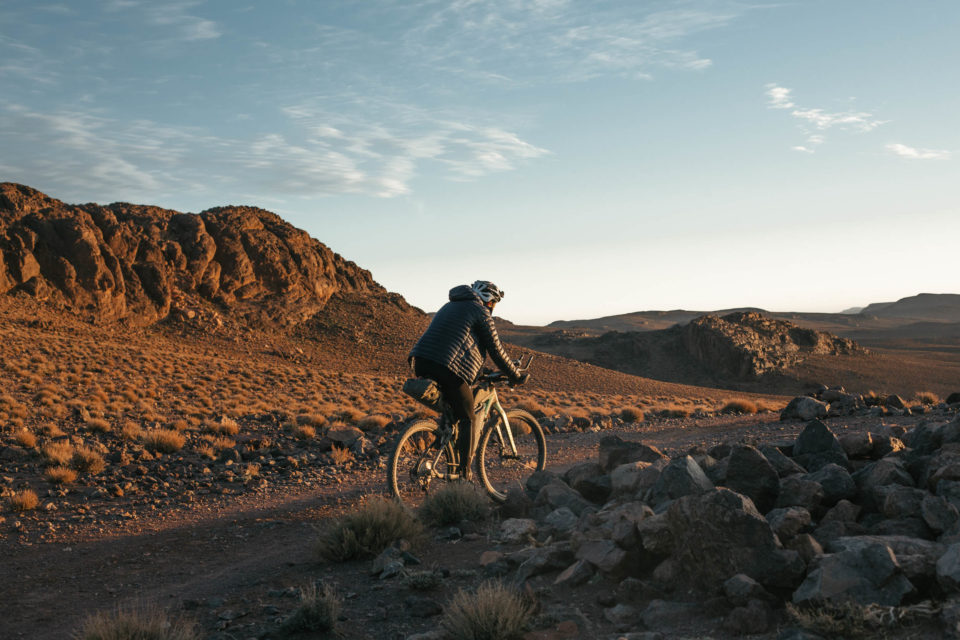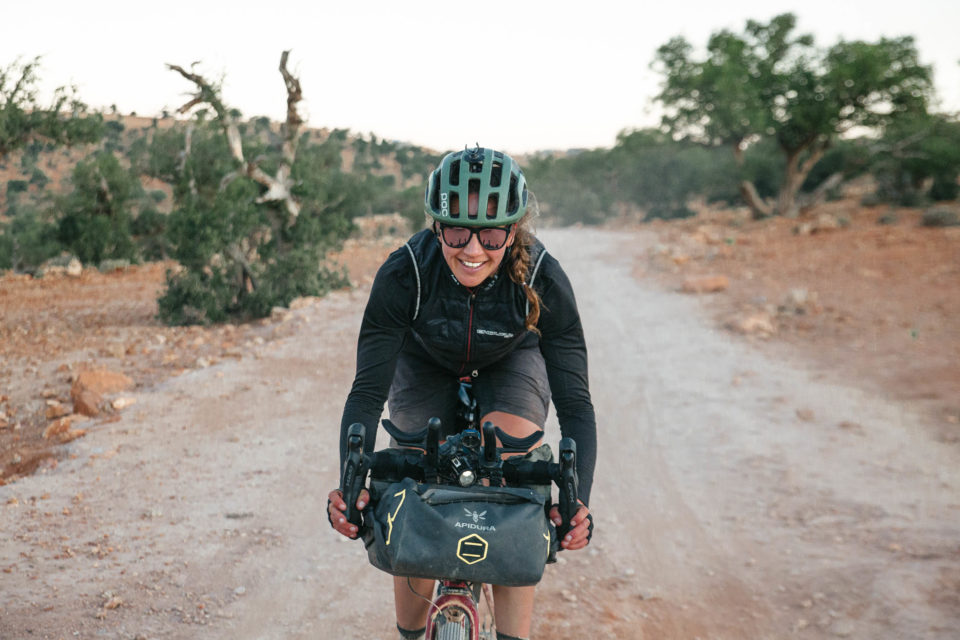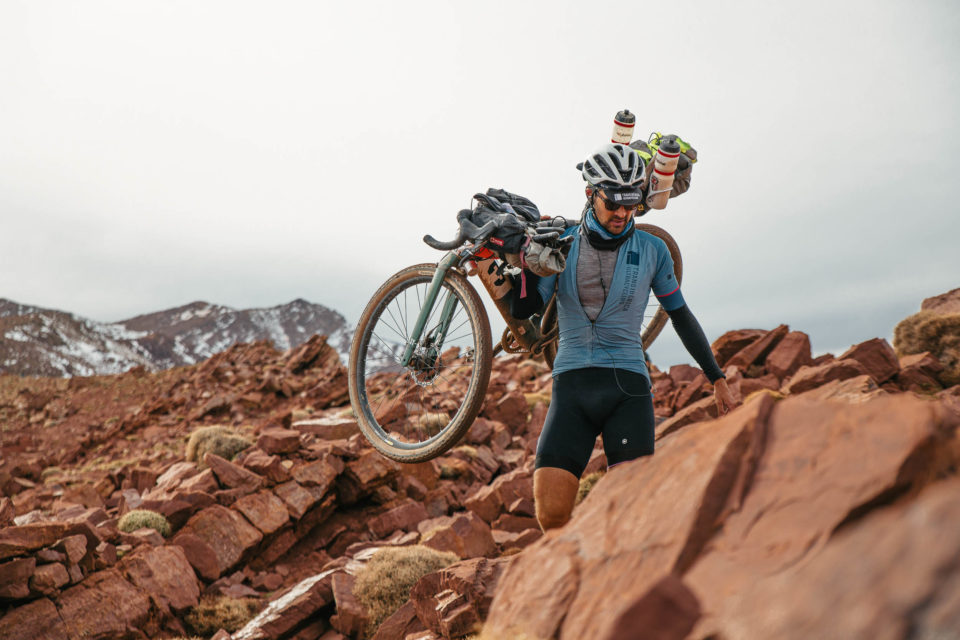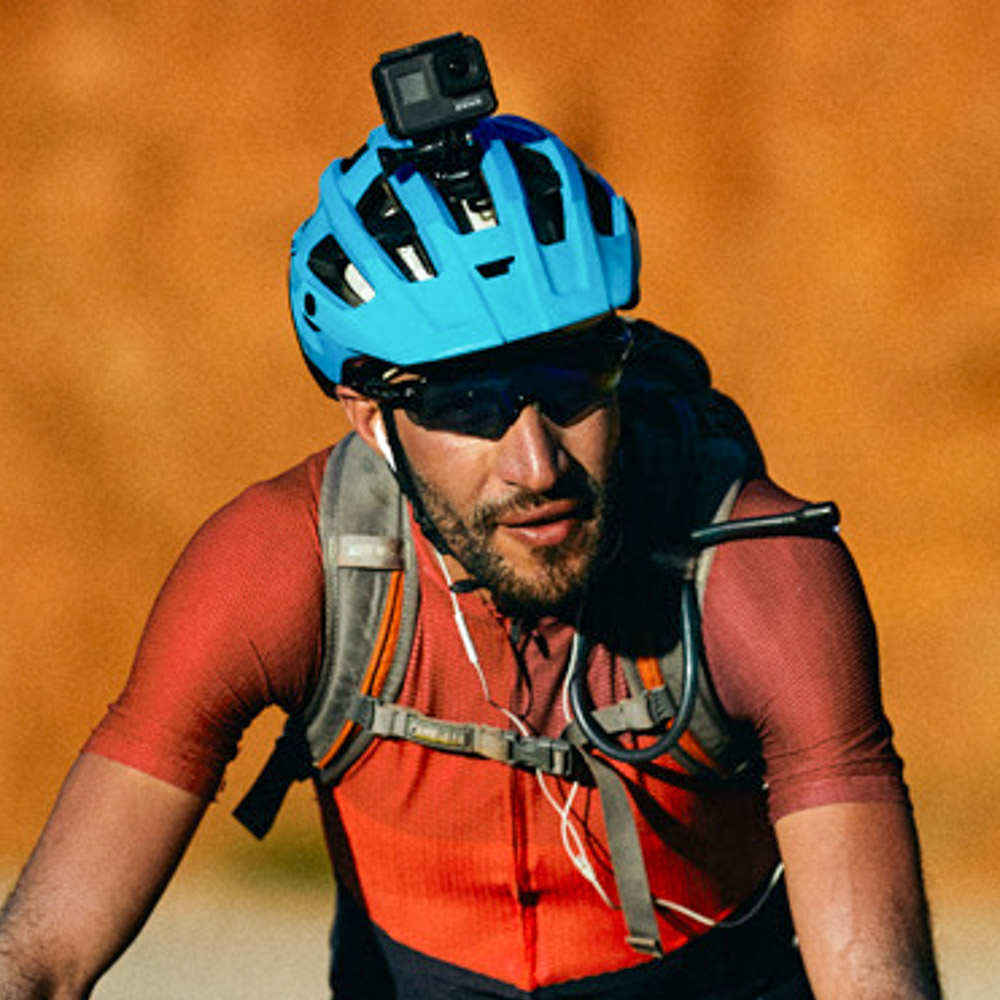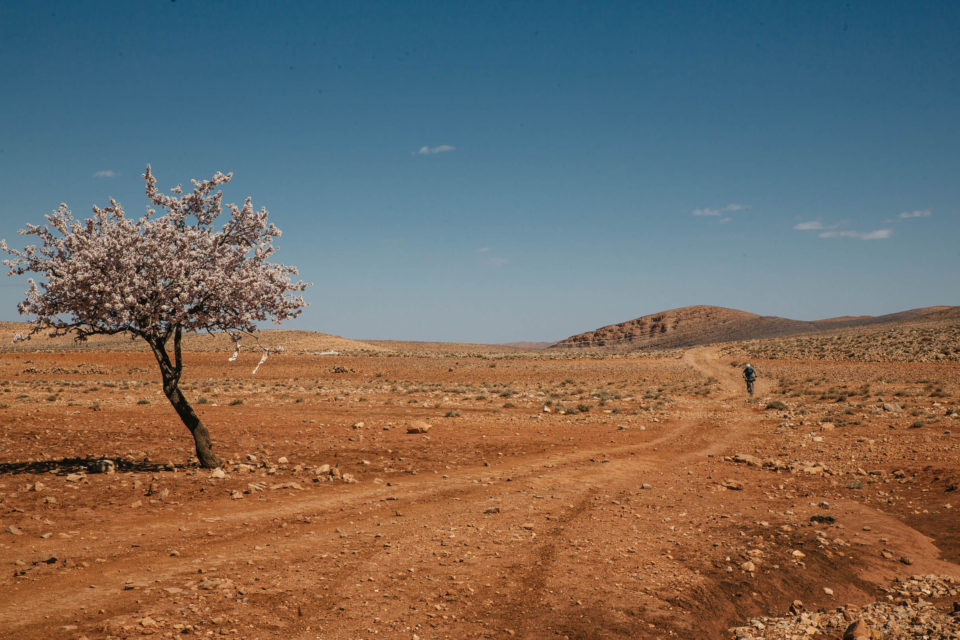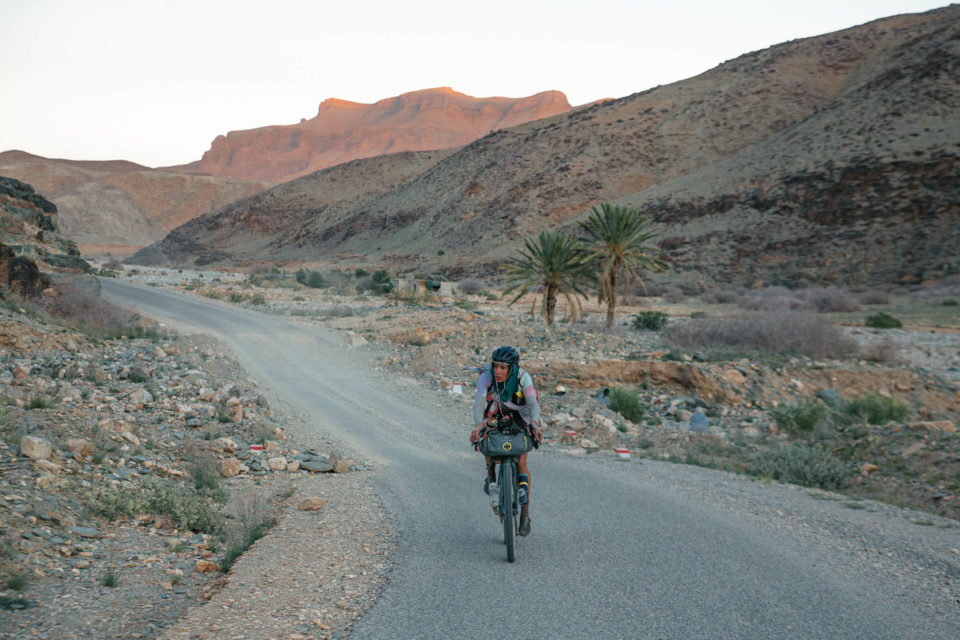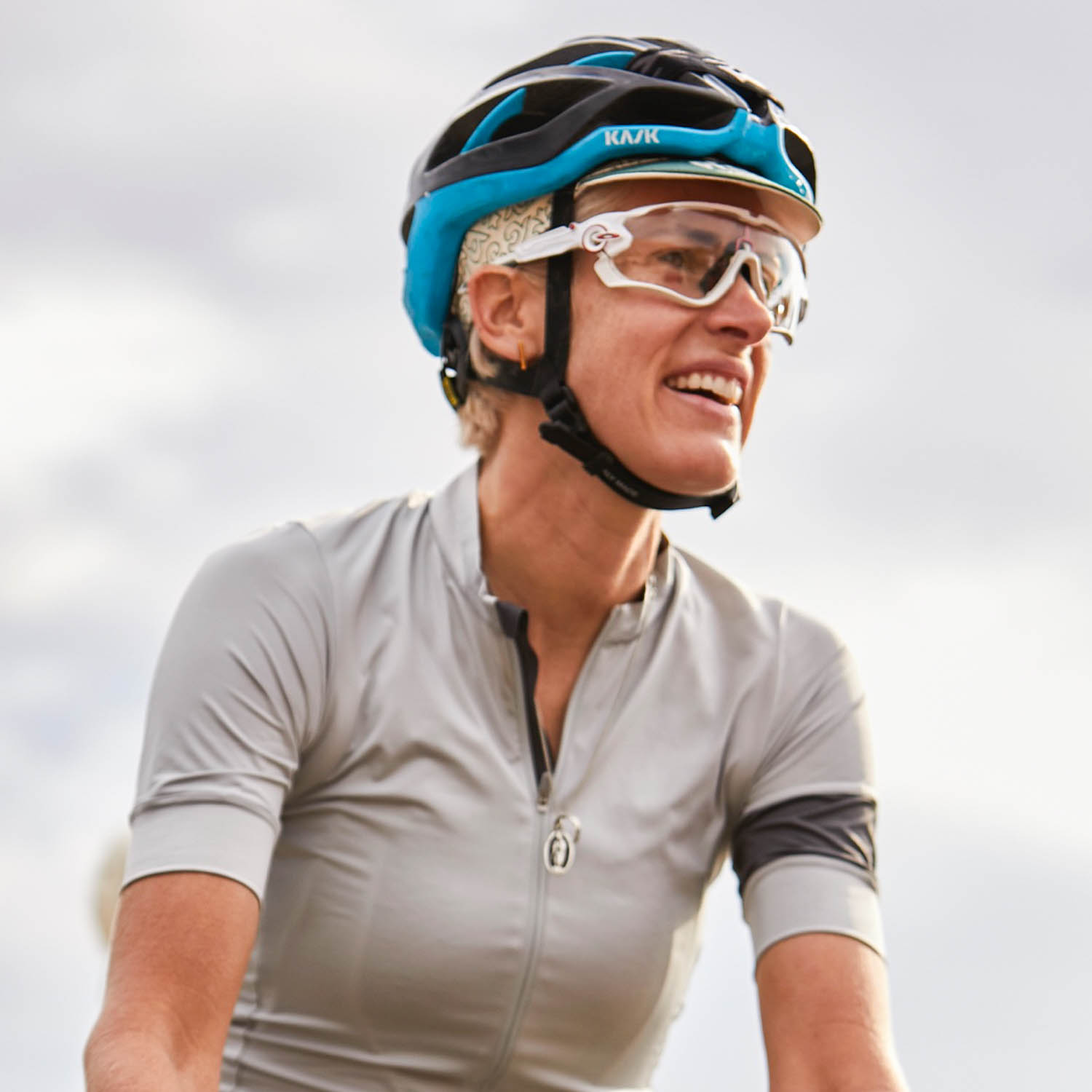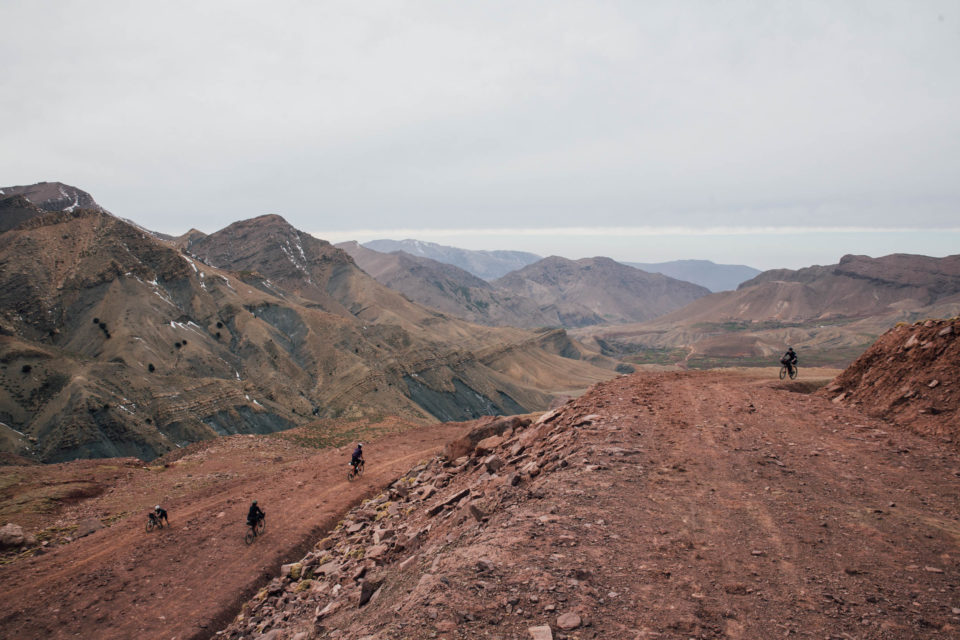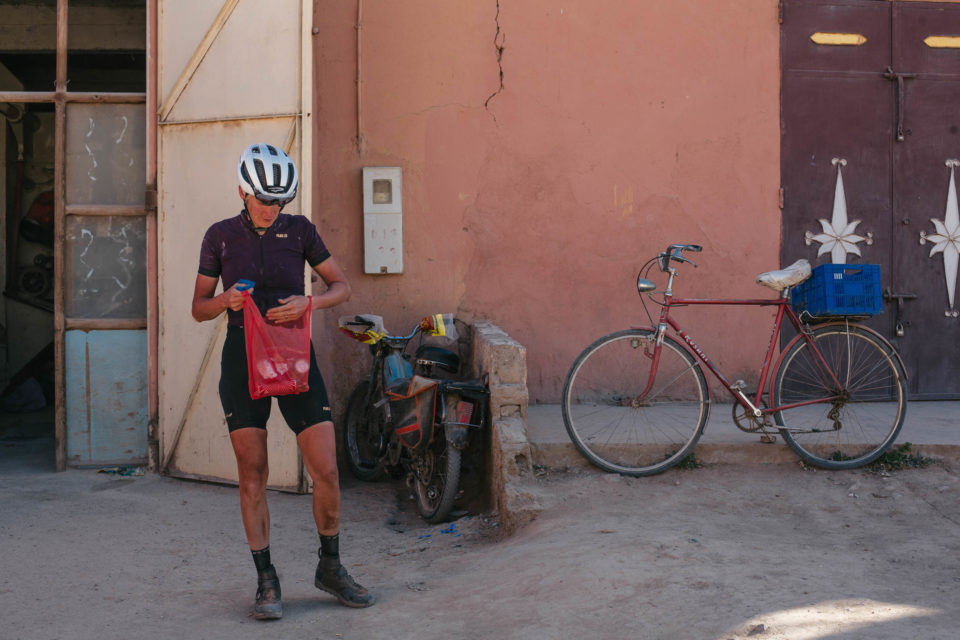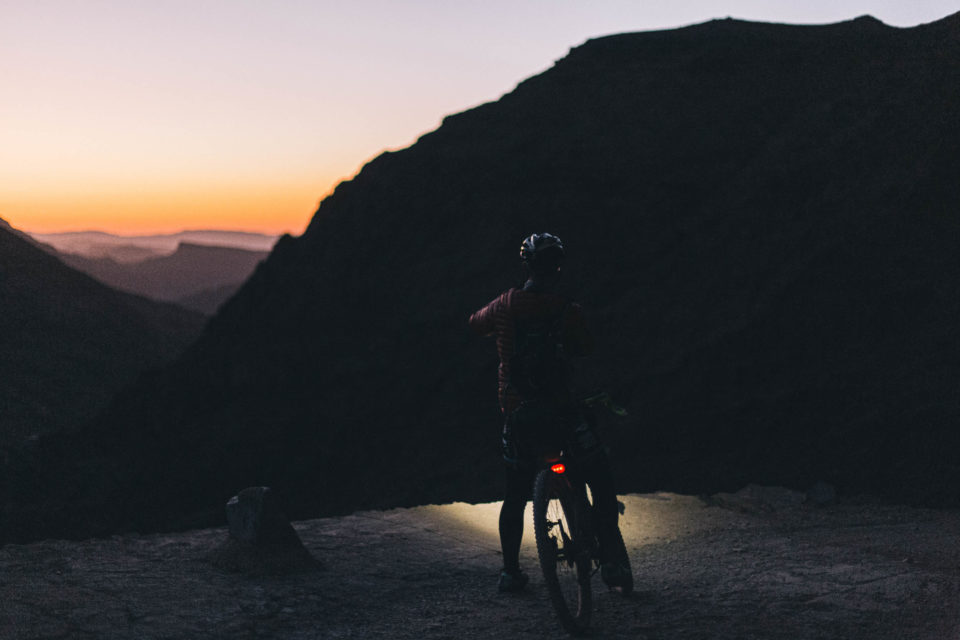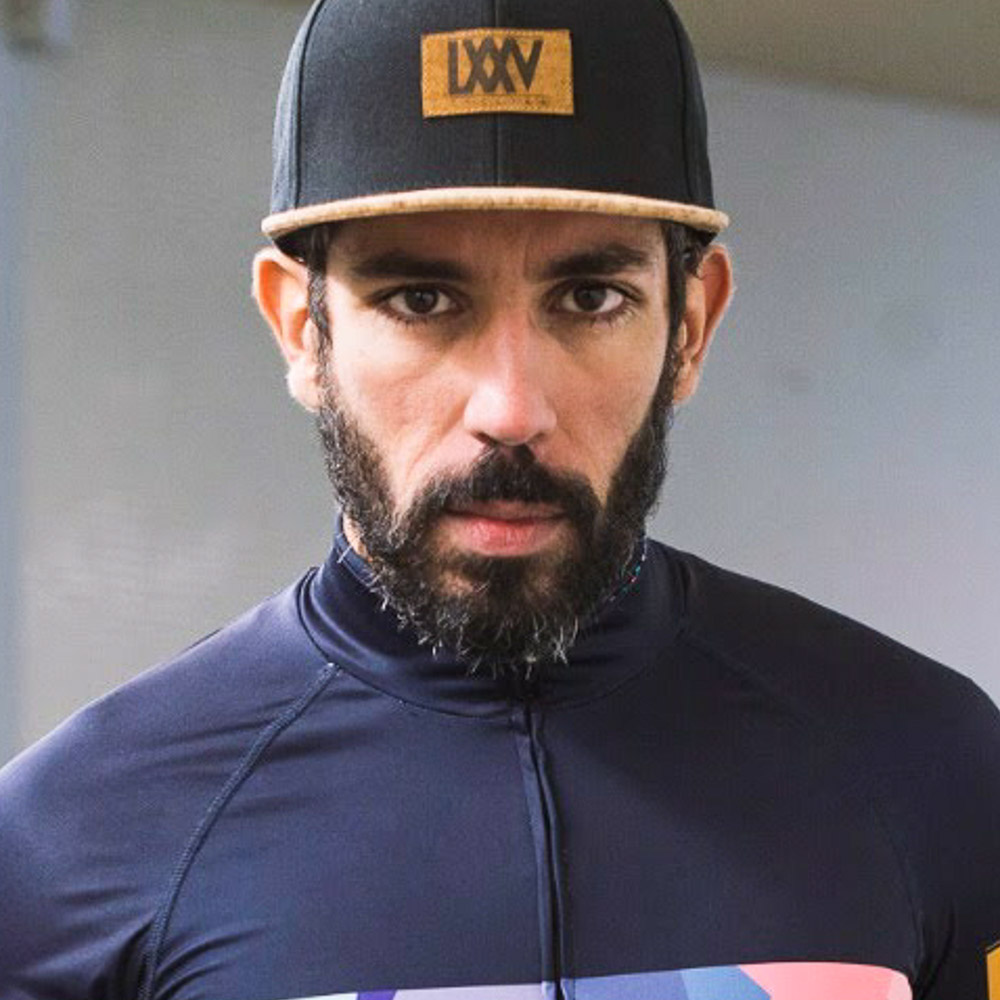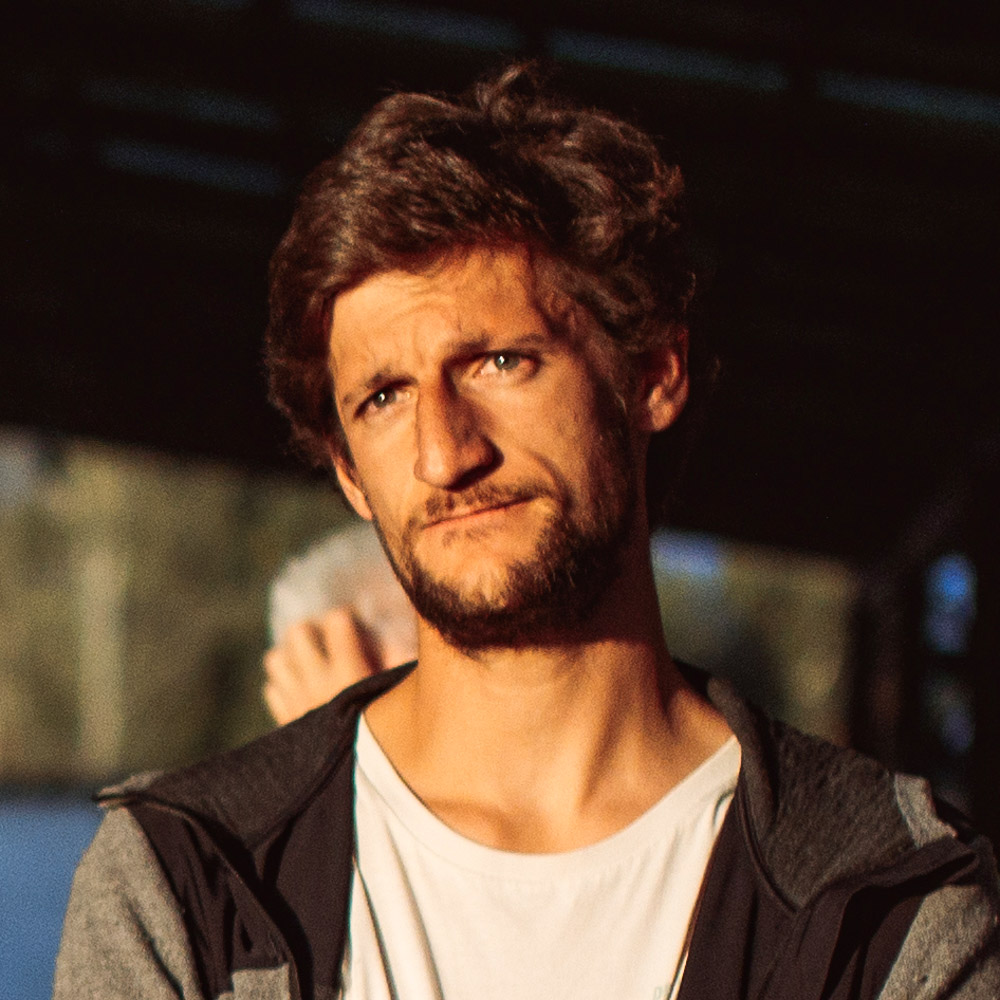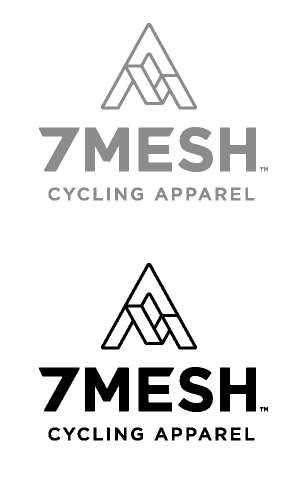One Question, Five Voices: Atlas Mountain Race Edition
Share This
In this edition of One Question, Five Voices, we ask five bikepackers who participated in the inaugural Atlas Mountain Race to reflect on the lessons that have stuck with them from their ultra-endurance racing experiences in Morocco. Find out what they had to say here…
Photos by Lian van Leeuwen (@saltlake_lian)
Now that the dust has settled and some time has passed since bikepackers from all over the world gathered in Morocco for the inaugural PEdALED Atlas Mountain Race in February, we rounded up five participants to ask them about the lessons they learned while out pedaling along the 1,150-kilometer route, and what’s stuck with them since returning to their day-to-day lives. Find their reflections from Morocco in our latest installment of One Question, Five voices below.
What did your Atlas Mountain Race experience teach you?
The most important thing I learned during the Atlas Mountain Race is that I need to believe in myself. Relative to a lot of riders in the field, I’m pretty new to cycling, especially off road, so I went into the race basically assuming the worst. I made it my goal just to cross the finish line, telling myself I would be happy even if I were the last rider across (the likely outcome, in my mind), just as long as I got there.
The race started and I followed my plan to have a good first day. I didn’t worry about racing the other riders. In fact, I was the complete opposite of how one should be thinking in a race: I actually worried about the riders I was overtaking, assuming I was maybe going too fast or had a bad strategy if I was faster than someone who I thought looked faster than me. I made it to CP1 with plenty of daylight left, and realised I might not be quite as bad as I originally thought. And that’s basically how every day on the ride went.
It didn’t all go perfectly, and of course I wished I had been faster. But upon reflection of my experience and my achievement as the first woman across the finish line, the biggest thing I’ve learned is that I need to have more self-confidence to truly go for it and believe in myself. I think there are a lot of riders out there who didn’t enter the race, or other races, who tend to suffer from the same self doubt.
The Atlas Mountain Race was my first time doing any kind of unsupported ultra-distance racing. In fact, I didn’t even know such a thing existed until recently. Participating taught me several lessons.
There are a growing number of road and mountain bike riders in Morocco, especially in Marrakech. We have a number of races and events, but unsupported racing and bikepacking still aren’t well known. As locals involved in the cycling community, organizer Nelson Trees invited me and my friend Younes to participate. Of course, we hadn’t prepared anything as we didn’t know about bikepacking at that point, but we worked quickly to get things together. On the day before the race, I made some last-minute adjustments to my bike, changing out gears and tires. I also borrowed bikepacking bags to haul all of my equipment.
Younes and I started as a pair, full of excitement. But it didn’t take long until I started having mechanical problems with my bike. After some trailside repairs, we made it to the first checkpoint. We couldn’t continue at night, though, as we didn’t have good enough lights for riding in the dark. We waited until morning before continuing, and that second day was full of surprises. Younes had countless punctures and was also having a difficult time with the course, so he decided to scratch and I continued without him. As much as it was nice having a partner, I learned that I really enjoy riding alone, free to ride at my own pace.
Not having proper lights proved to be a real challenge to keeping a steady pace. Luckily, another racer who had to scratch was kind enough to give me his headlight. Without him, I wouldn’t have been able to complete the race before the official cutoff time. Getting to know experienced cyclists from other countries and cultures was a great experience, and I learned a lot from them. It’s my hope that there will be more Moroccan riders in the next edition, so others can have an experience like mine.
As a former pro roadie, I defined a race experience in terms of what position I crossed the finish line. But adventure racing means so much more than results, and that’s the most important take home from Atlas Mountain Race.
My husband, Ernie, and I wanted to be competitive, but had massive equipment failure. After having gone through four tubes, patches, and creative solutions for tire “boots” involving plastic bottles and all variations of tapes, we de-stitched string from our apparel for Ernie to sew a splitting sidewall closed. We tried everything, or so we thought. With sidewalls decomposing and tubes exposed along the rims, we scratched between CP2 and CP3.
Little did we know how much gravity would come with that decision. In road racing, there is no use worrying about dropping out due to equipment failure or a crash, because you always have another race in the coming weeks (or maybe even days). But I learned adventure racing isn’t the same. Scratching sticks with you a long time and feels like unfinished business following you home on the airplane. That’s because events like Atlas Mountain Race are less like bike races and more like tests of the human spirit.
When looking back on the race, we realize we could have done more to make progress. Our bikes weren’t rideable, but we could have tried walking 120k to CP3, salvaged some equipment from other scratched riders, and perhaps been able to finish “unclassified.” Then we at least would have peace of mind knowing we tried everything to get to the finish.
Because we invest so much and dig so deep in these races, I learned progress means so much more than results. I’ll take this lesson with me into my next events, and will exhaust all options—walking legs included—just to keep making tracks toward the finish line.
If you would have asked me this question a couple of months ago, I would have answered that the most important thing I learned from the race is that I can ride four days with barely any sleep and not go crazy. On the Italy Divide I used a similar sleep strategy, but towards the end I really started to lose it. Having trouble knowing what was real and what was not. In Morrocco, I managed to stay fully lucid 100% of the time.
But in the light of what has happened with the COVID-19 pandemic, I must say, the most important thing I learned is to not delay anything. Like billions of people, I’m stuck home. And like most bikepackers, I have no idea if I will be able to compete again this year. I hesitated a long time before signing up for the Atlas Mountain Race, and obviously after winning I was very glad I did. But I’m even more glad today because it might very well be my only race this year. Once things return to normal, if you have an opportunity to go out on a ride, a trip, an adventure, or to sign up for a race, do it. Don’t look for excuses. You never know if your plans for later in the season will fall apart, so go out and ride when you can.
The AMR is the third race I’ve organised, after two editions of the Silk Road Mountain Race in Kyrgyzstan, and the first to take place in Morocco. Despite having organised those races, it was also a big learning experience for me, as much as it was for those who took part.
My biggest take away was how important having the right people working together on the race was to its success, especially in a first edition with so many unknowns. I’m very lucky that we had such great people involved in the race, and everyone was able to work in tough conditions and take initiative to react to the changing reality on the ground.
I also learnt how important it is to take the time to build relationships with locals. This really had an impact on how things went at the checkpoints. The first checkpoint at Telouet was a perfect example of how things needed to be done. I visited them several times during our scouting trips, telling them about the race and explaining that they’d have close to 200 hungry riders looking for a quick meal in the space of 18 hours on the first day of the race. Their interest and belief that this was really going to happen grew with each visit. By the last time I left their auberge, they were very excited at the prospect of the race coming to their doorstep. The result during the race was a truly special experience. They went above and beyond to make everyone feel welcome and look after their needs.
I think this experience holds true for anyone traveling in Morocco: if you take the time to get to know the locals, you won’t be treated as a potential opportunity to make a quick buck, and you’ll find them to be some of the kindest people you’ll ever meet.
What lessons have you learned from big races like this one? Let us know in the comments below!
Please keep the conversation civil, constructive, and inclusive, or your comment will be removed.




